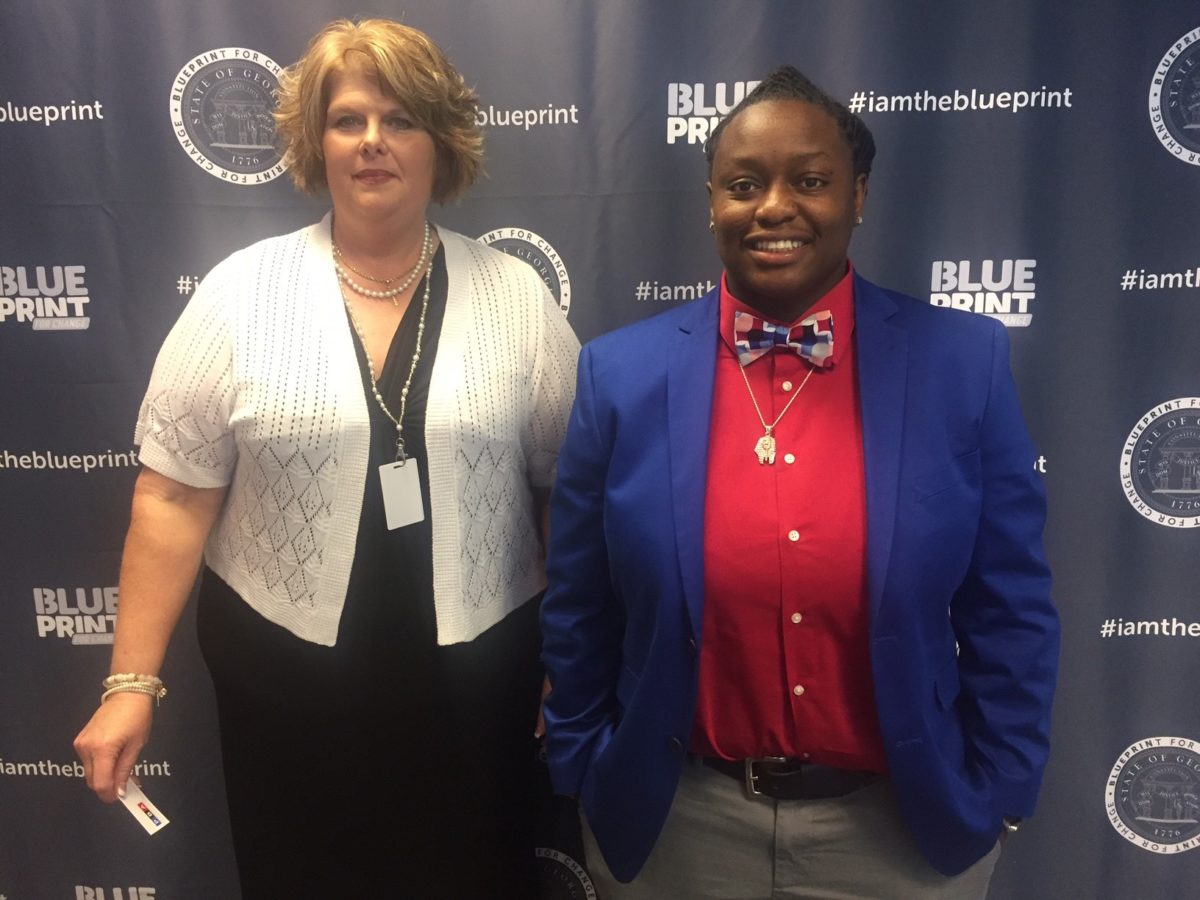GSU Helps Identify, Treat Stress Of Ga. Child Welfare Workers

Elly Yu / WABE
An audio version of this story
Working with children who have been abused and neglected can be stressful.
The Georgia Division of Family and Children Services said it’s one reason employees leave. DFCS has asked Georgia State University to help case workers cope.
Georgia State University’s School of Social Work Director Brian Bride developed a scale to measure what’s called Secondary Traumatic Stress.
Bride said STS is similar to post-traumatic stress disorder.
“Instead of being directly traumatized or directly experiencing a traumatic event, you experience it through someone else’s telling of their traumas,” Bride said.
Bride said his research found it affects a third of child welfare workers. He said STS manifests in common trauma symptoms such as nightmares, distressing dreams, mood disorders, memory problems, psychological numbing and heart palpitations.
The training will focus on ways to identify and treat secondary traumatic stress in case workers and supervisors and teach them how to take care of their mental health and avoid burnout.
Earlier this month, Gov. Nathan Deal approved an average 19 percent pay raise. The current starting salary range for case workers is between $28,000 and $35,000.
“Our case managers see some of the worst of humanity on a daily basis and may not know that they too are experiencing post-traumatic stress or secondary traumatic stress as a result of what they have experienced on the job,” said Ashley Fielding Cooper, director of legislative and governmental affairs for the Georgia Department of Human Services.
Fielding Cooper said it is part of an effort to reduce the 35 percent turnover rate at the state’s Division of Family and Children’s Services and to reduce each worker’s caseload.
Fielding Cooper said the goal is to train all 2,000 supervisors and case managers across the state. The training of case workers is expected to begin in June and will last a year and a half.
Correction: An earlier version of this article incorrectly said the new starting salary of child welfare workers would be $28,000 after a 19 percent pay raise. That is the current starting salary for case workers.
9(MDAxODM0MDY4MDEyMTY4NDA3MzI3YjkzMw004))






